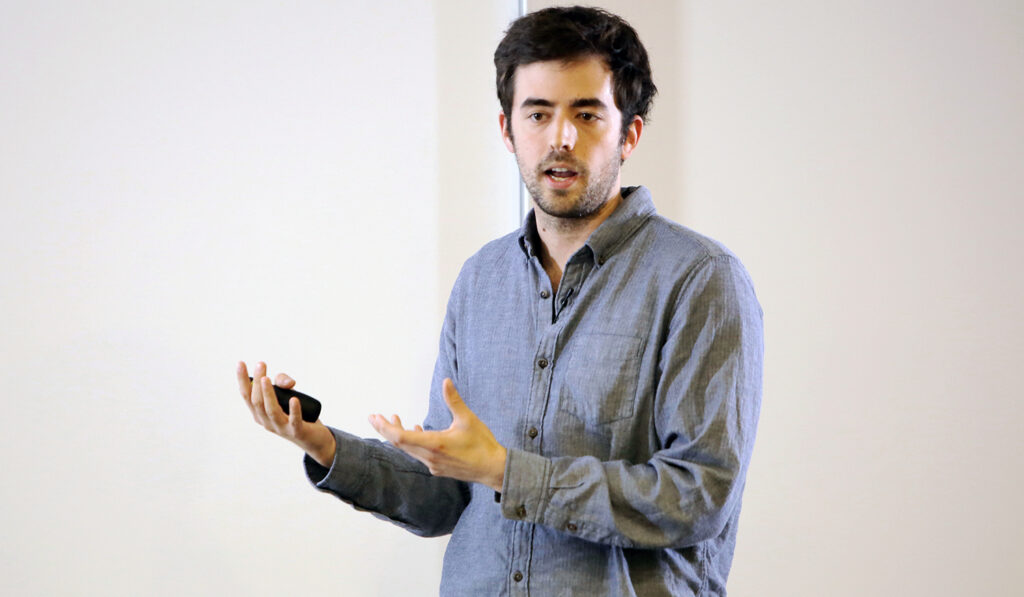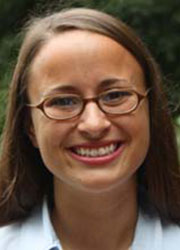Prof. Dr. Madeleine JH van Oppen (The University of Melbourne & Australian Institute of Marine Science)
Biological Colloquium at the Biology Center of the Christian-Albrechts-University Kiel
Tuesday, 5th December 2017, 16:15 pm
Lecture hall E 59 of the Biology Center
Am Botanischen Garten 5
As guest of the CRC 1182
Prof. Dr. Madeleine JH van Oppen
The University of Melbourne & Australian Institute of Marine Science
Talks about:
The role of microbial symbionts in coral health, disease and climate change adaptation
Reef-building corals associate with a wide diversity of microorganisms, including intracellular dinoflagellate photosymbionts (Symbiodinium spp.), other protists, fungi, viruses, bacteria and archaea. Some of these microbes are known to confer benefits to their coral host through provisioning of photosynthate and enhancement of calcification, nitrogen fixation, sulphur cycling, and prevention of infection by pathogens. Further, coral physiological traits are affected by the specific microbial symbiont taxa harboured. For instance, full-sib coral recruits inoculated with certain distinct Symbiodinium strains differ in growth rate and upper thermal tolerance. Conversely, under conditions of environmental disturbance some microorganisms can cause coral bleaching (the loss of the photosymbionts causing a paling of the coral tissues) and disease. Historically, my group has focused on Symbiodinium, and I will present some of the work we have done to decipher the various functions of these organisms in coral holobiont functioning. More recently, we have begun to explore the viruses, prokaryotes and fungi that associate with corals, and I will discuss some of this work. Some viruses target Symbiodinium and I will demonstrate that these may be involved in the Symbiodinium thermal stress response, and by inference, coral bleaching susceptibility. Viruses also target bacterial pathogens of corals, such as the
cyanobacteria that dominate the Black Band Disease microbial mat. Finally, I will introduce a coral model we work with, the anemone Exaiptasia pallida, and will present early results on the pure-culturable bacteria and fungi associated with this model organism. The ultimate goal of our microbiome work is to develop ways to manipulate coral-associated microbial symbionts with the aim to enhance environmental stress tolerance of corals. Coral health and cover is declining rapidly across the globe due to ocean warming and other anthropogenic disturbances, and interventionist approaches such as microbiome manipulations may be required to assist coral reef ecosystems in persisting throughout this century while global warming is being curbed.
Madeleine will also be invited speaker at the symposium on Assisted Evolution on 7 December in the Zoological Museum
(together with Kiel Evolution Center, see http://www.kec.uni-kiel.de/news_events/20171207_AssistedEvolSym.php).
If you want to attend that workshop, please contact Thorsten Reusch (treusch@geomar.de) or Marlene Wall (mwall@geomar.de).
Who
When
December 05th, 2017
16:15





